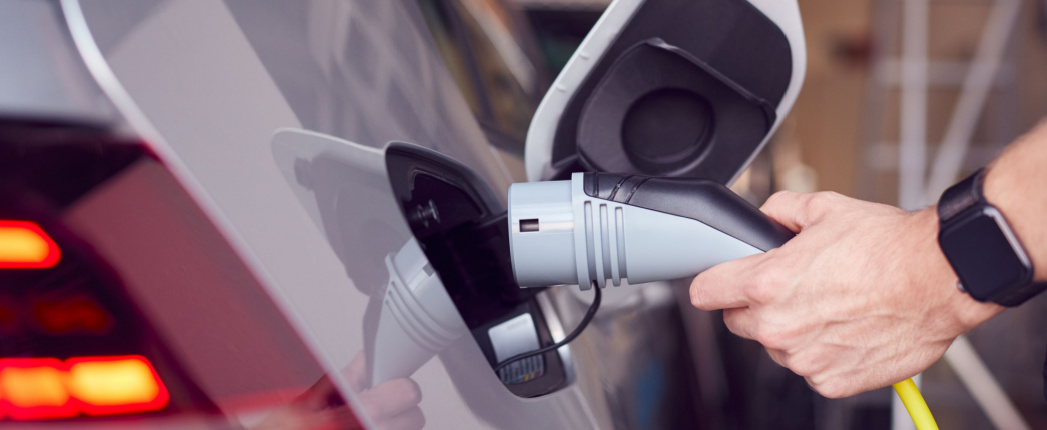
Castrol and electric vehicle propulsion specialist Sprint Power will jointly develop ultra-fast battery packs cooled by Castrol’s ON EV thermal fluid. The collaboration follows the announcement by Castrol’s parent company BP that it is building a £50 million (U.S. $56 million) EV battery test center, further cementing the company’s commitment to e-mobility.
Compared with refueling of gasoline vehicles, EVs have a long charging time, which can be a disadvantage when driving long distances. Sprint Power claims its battery modules can charge to the optimal 80% in 12 minutes. Other battery packs have similar charge times but they are indirectly cooled. The Sprint units are directly cooled using a dielectric fluid.
The venture is the result of Project Celeritas, which develops ultra-fast charging technology with the goal of allaying consumer fears of range and charge times.
The project is funded by the Advanced Propulsion Center, a non-profit that funds low-carbon emissions powertrain technology in the United Kingdom. It includes German carmaker BMW, battery cell manufacturer AMTE Power, Clas-SiC, a dedicated open foundry to manufacture silicon carbide power semi-conductors, and Eltrium, which makes electrical harnesses and power storage systems.
Castrol’s ON EV fluids are the factory fill for two-thirds of the world’s EVs, the company says.
“Castrol is investing with multiple partners to advance dielectric fluids for direct cooled batteries because this will enable faster charging and increased battery lifetime that drivers seek as well as improving battery system safety,” Rebecca Yates, vice president of advanced mobility and industrial products, told Lube Report.
Castrol is far from shedding its conventional lubricant business and “will continue to invest in advanced engine oil products for the growing vehicle parc of hybrid and ICE cars including improved efficiency and extended life products,” Yates said.
BP estimates that by 2040 there will be 1.8 billion vehicles on the world’s roads and 1.1 billion of them will still require engine oils.
The company will continue investing in its existing range of heavy duty, industrial and marine products, as well as supplying water glycol coolants for other applications, including indirectly cooled batteries for the large number of EV cars in the current parc, Yates said.
For more coverage of electric vehicles and their impact on lubricants, subscribe to Lubes’n’Greases’ Electric Vehicles InSite.